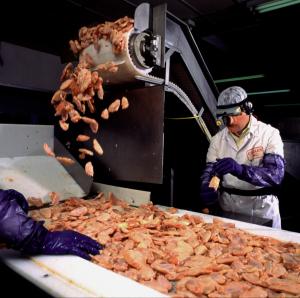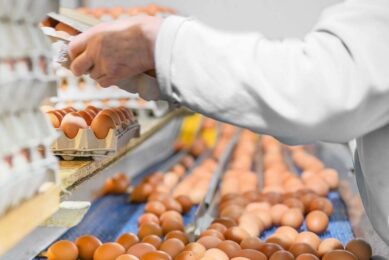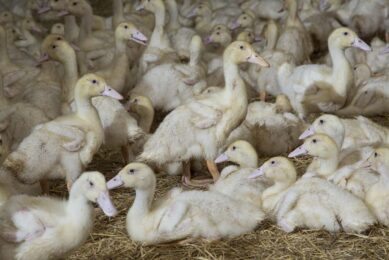AI study: “Culling more effective than vaccinating”

In economic and epidemiological terms, the practice of culling on farms within a radius of 1 to 3 km of infected farms is the best method of combating Highly Pathogenic Avian Influenza (HPAI) according to a recent study.
Vaccinating chickens within a radius of 3 km of an infected farm may at first appear to be cheaper, but it is less effective because the epidemic spreads further and lasts longer. This was one of the findings of a study performed by LEI together with the Central Veterinary Institute (CVI), both part of Wageningen UR, the Netherlands.
Matters researched included the consequences of preventative culling and of vaccination programmes within a radius of 1, 3 and 10 km of a farm infected with Highly Pathogenic Avian Influenza, also known as bird flu. The results of this research are described in the report ‘Control of Highly Pathogenic Avian Influenza’. This report demonstrates that an epidemic is shorter in duration when preventative culling takes place, but that this results in culling taking place on more farms than in the case of vaccinations. Emergency vaccinations are less effective in shortening the duration of the epidemic, although they do reduce the number of infected farms. The EU strategy of only implementing culling on infected farms is not effective enough in helping to control an outbreak in a densely-populated poultry-rearing area.
In the report, the researchers describe the various strategies available to the government in the event of an outbreak of HPAI. The report was commissioned by the Ministry of Economic Affairs, Agriculture & Innovation to provide a basis for decisions made in the event of a new HPAI epidemic. In this regard, account must be taken of the fact that large-scale preventative culling is increasingly less acceptable to society, according to the researchers. Society tends to call for alternative control measures such as vaccination.
Source: Wageningen UR
Join 31,000+ subscribers
Subscribe to our newsletter to stay updated about all the need-to-know content in the poultry sector, three times a week. Beheer
Beheer








 WP Admin
WP Admin  Bewerk bericht
Bewerk bericht